How cyber attacks damage mental health
As staff struggle to cope in the immediate aftermath of a cyber incident, leaders must do more to foster a culture of support

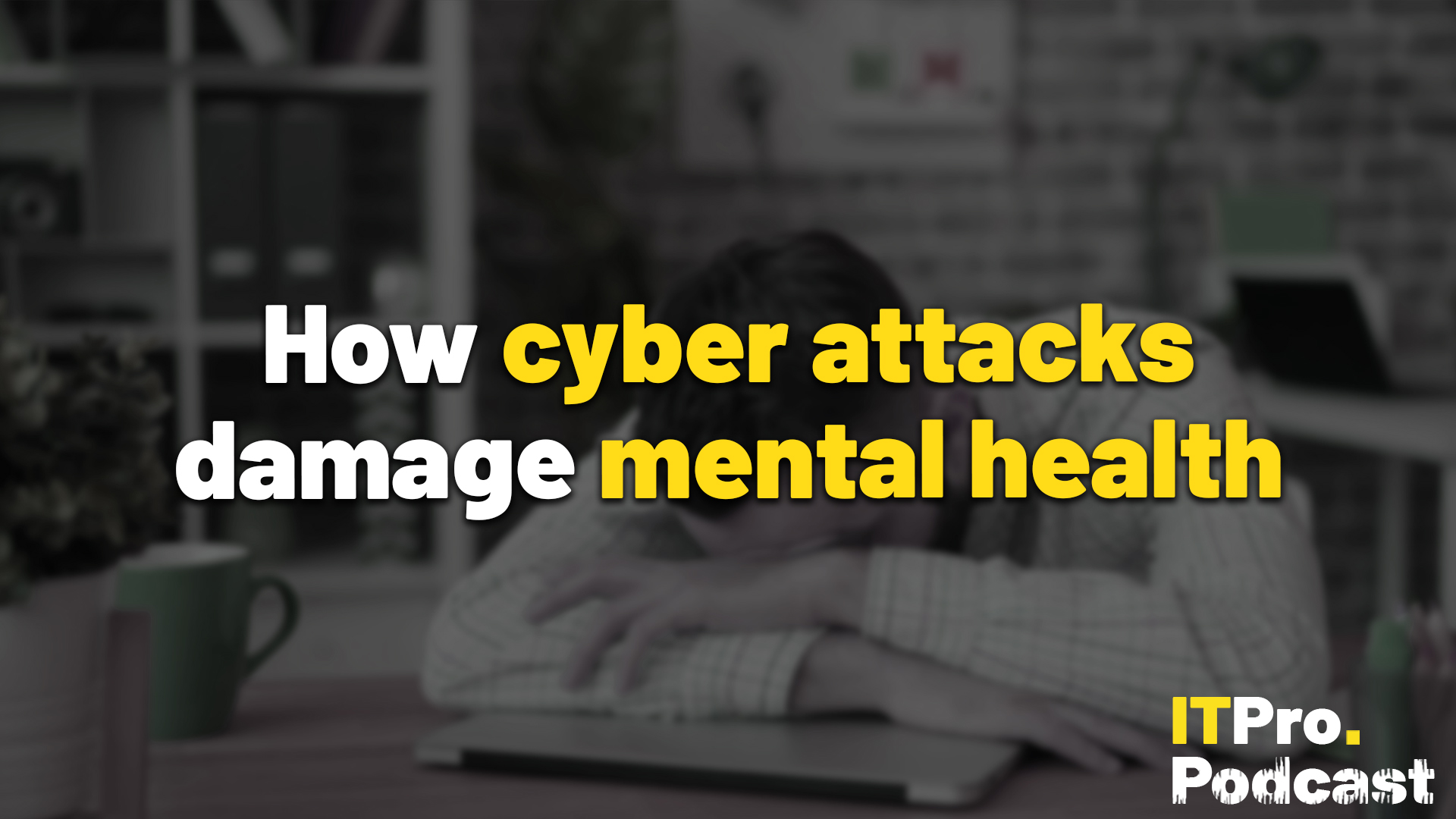
Every business will, at some point, be impacted by cyber attacks. Companies task security teams to prepare the first line of defense against cyber attacks, and most have plans in place for the damage they leave behind – be it data loss, encryption by ransomware operators, or large-scale service disruptions.
But something that often goes unremarked upon in the wake of cyber attacks is the psychological, human effects of cyber attacks. When the dust settles, staff can be left with feelings of fear or shame, particularly those directly related to IT security.
Who’s at risk of this harm? And what can leaders do to minimize the impact?
In this episode, Jane and Rory speak to Parisa Bazl, head of user experience at data protection firm Commvault, to discuss the psychological harms that come with cyber attacks and what organizations can do to better support frontline IT staff.
Highlights
“There's a lot of guilt associated, either with somebody who admits the vulnerability, or even those who were set up to defend the organization. They tend to express a lot of feelings of guilt about the fact that it happened, even though these days it does tend to be a little bit more inevitable, given the sophistication of everything right now.”
RELATED WHITEPAPER
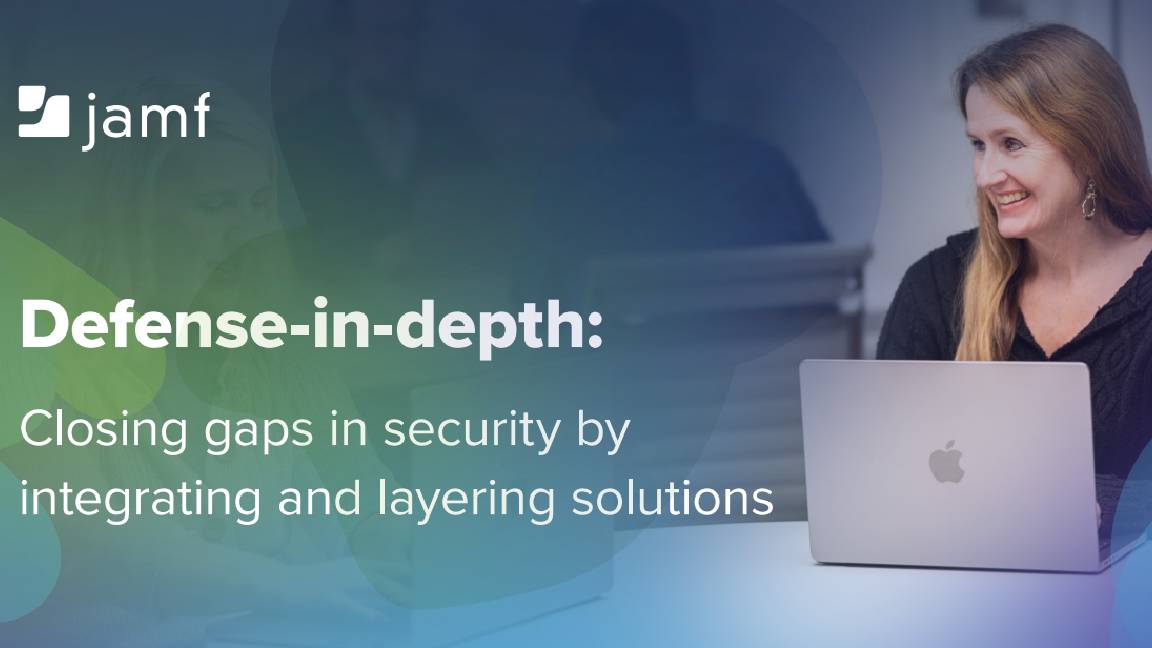
“I would encourage people to look at when they say, you know, cyber incidents are up 200%, or ransomware, I think, is 10 trillion a year now, as opposed to three so it's inevitable that we're gonna get attacked, or that one of our third-party vendors will disrupt our supply chains, whatever – what does that really mean for the folks that make up your organization?”
“So I think that IT folks have been this hidden necessity for a very long time. But now, given the breadth of the attack vector, which means people can come in through any employee, they can come in through third parties, whatever it is, it's become much more of an organizational conversation.”
Sign up today and you will receive a free copy of our Future Focus 2025 report - the leading guidance on AI, cybersecurity and other IT challenges as per 700+ senior executives
Footnotes
- Why 'psychological safety' is so important for building a robust security culture
- Building an incident response strategy in 2024
- The hidden cost of ransomware is more painful than many realize
- Why ransomware attacks happen to small businesses – and how to stop them
- The end of ransomware payments: How businesses fit into the fight
- UK firms are failing miserably at data breach responses
- Data breach response: How to react when your business gets hit
- Dell hacker claims they had access to systems for nearly three weeks
Subscribe
- Subscribe to The IT Pro Podcast on Apple Podcasts
- Subscribe to The IT Pro Podcast on Spotify
- Subscribe to the IT Pro newsletter
- Join us on LinkedIn

Rory Bathgate is Features and Multimedia Editor at ITPro, overseeing all in-depth content and case studies. He can also be found co-hosting the ITPro Podcast with Jane McCallion, swapping a keyboard for a microphone to discuss the latest learnings with thought leaders from across the tech sector.
In his free time, Rory enjoys photography, video editing, and good science fiction. After graduating from the University of Kent with a BA in English and American Literature, Rory undertook an MA in Eighteenth-Century Studies at King’s College London. He joined ITPro in 2022 as a graduate, following four years in student journalism. You can contact Rory at rory.bathgate@futurenet.com or on LinkedIn.
-
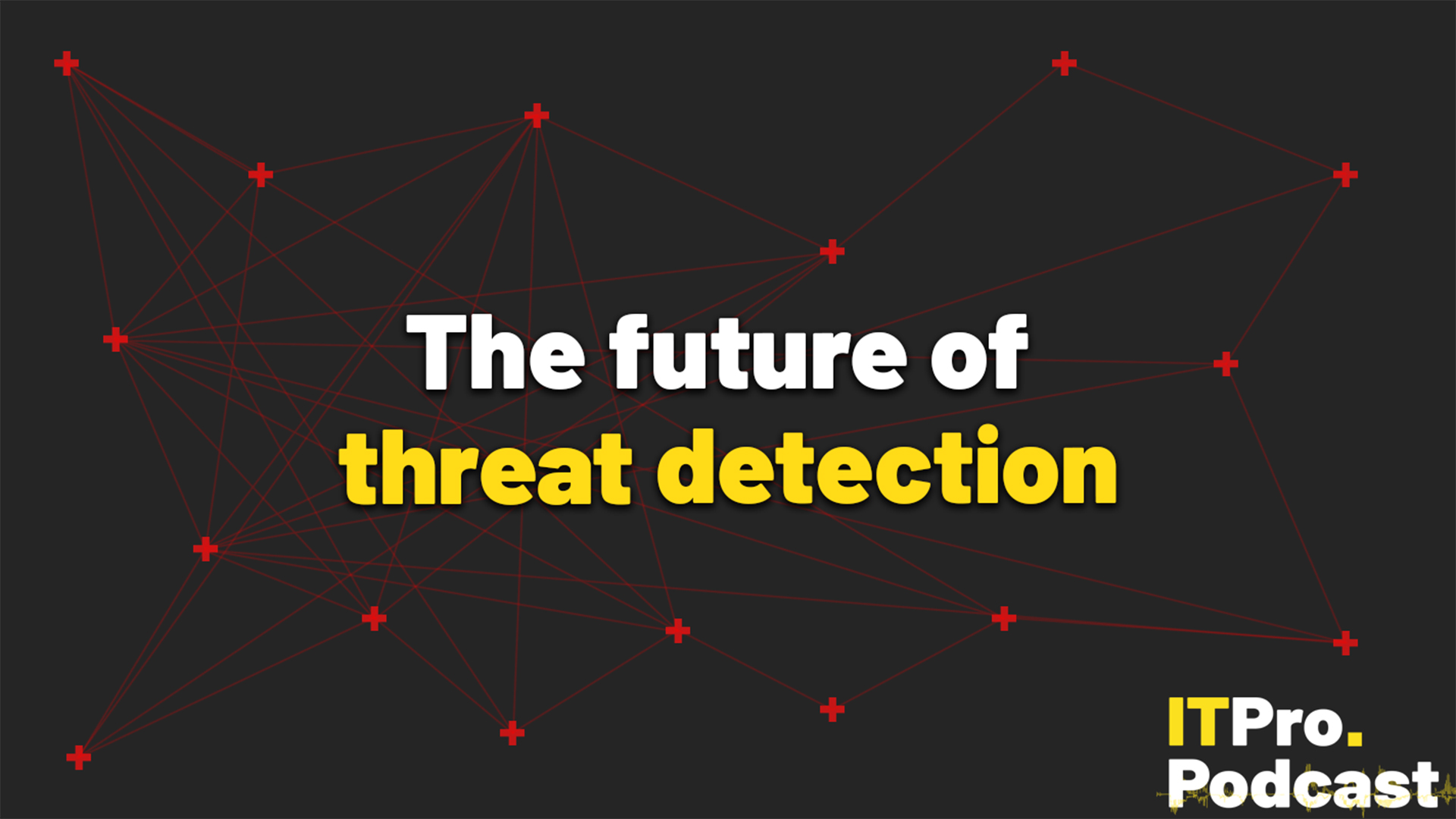 The future of threat detection
The future of threat detectionITPro Podcast To fight sophisticated threats, cybersecurity teams will need to unify data like never before
-
 November rundown: CrowdStrike's insider threat
November rundown: CrowdStrike's insider threatITPro Podcast As CrowdStrike grappled with a malicious employee, Cloudflare suffered a major outage
-
 Getting a grip on digital identity
Getting a grip on digital identityITPro Podcast As AI agent adoption explodes, security leaders will need better identity controls than ever before
-
 Let’s talk about digital sovereignty
Let’s talk about digital sovereigntyITPro podcast In the age of AI and cloud, where data resides is a key consideration
-
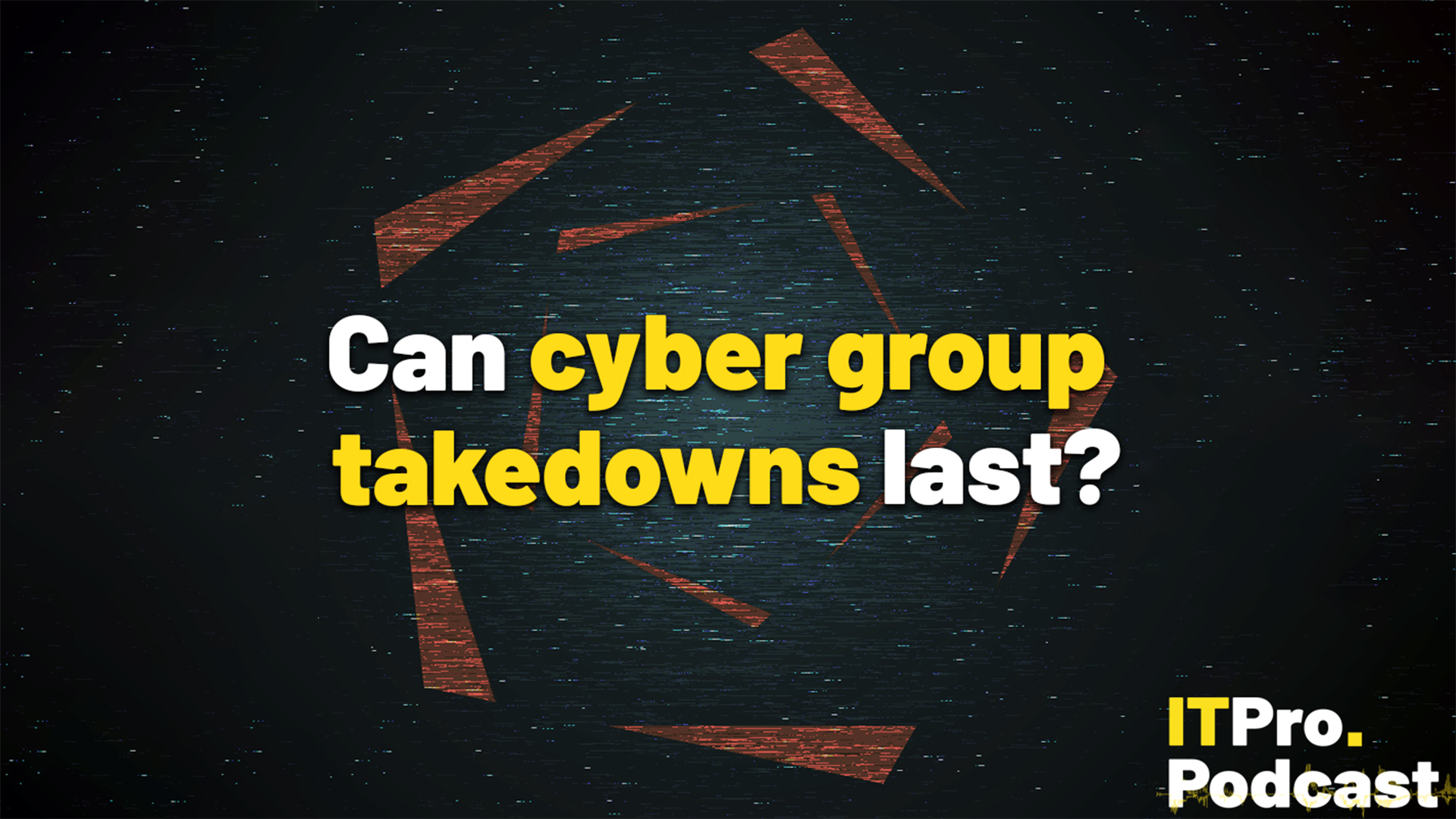 Can cyber group takedowns last?
Can cyber group takedowns last?ITPro Podcast Threat groups can recover from website takeovers or rebrand for new activity – but each successful sting provides researchers with valuable data
-
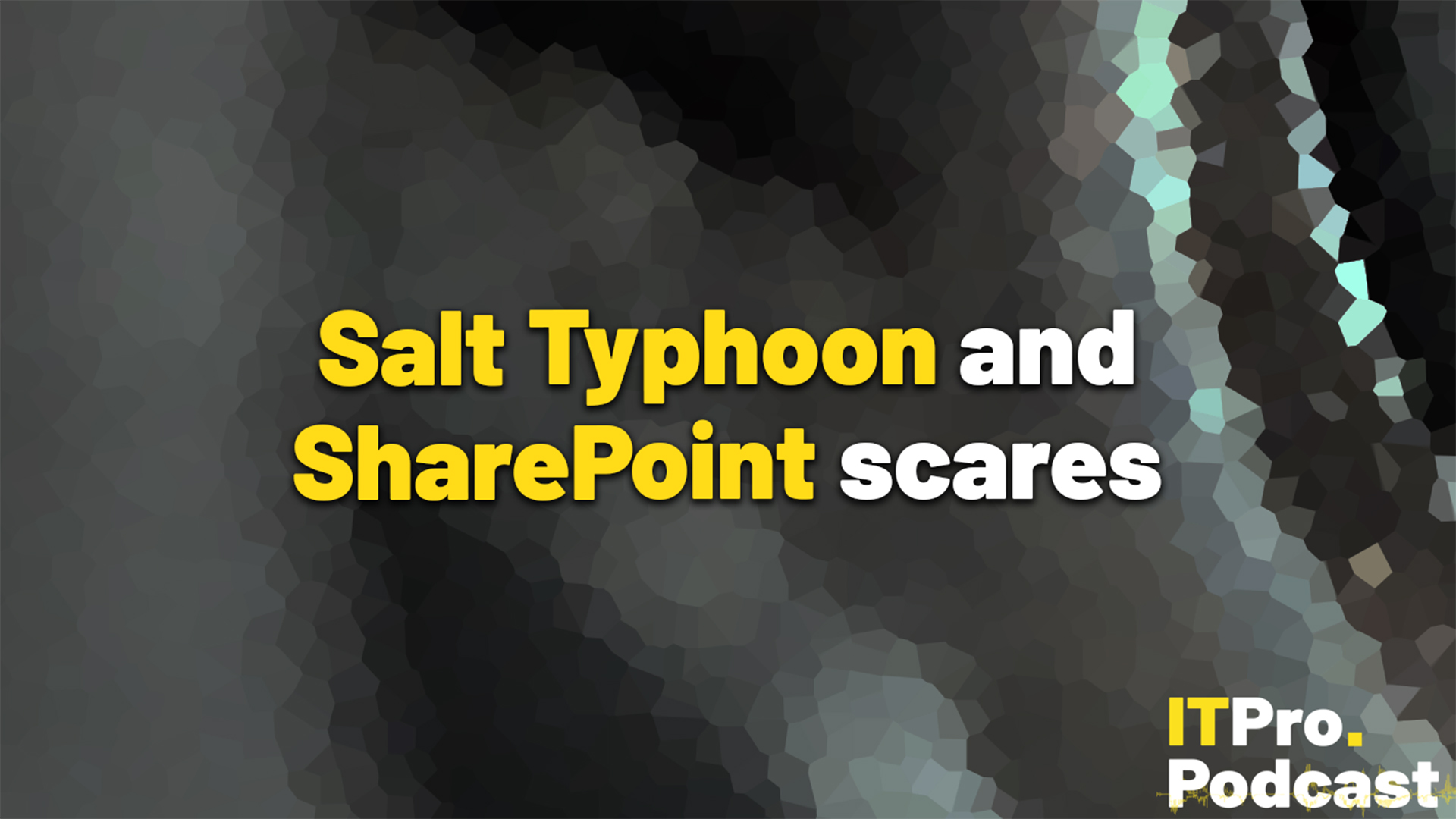 July rundown: Salt Typhoon and SharePoint scares
July rundown: Salt Typhoon and SharePoint scaresITPro Podcast US public sector organizations are under serious threat from the state-backed hacking group
-
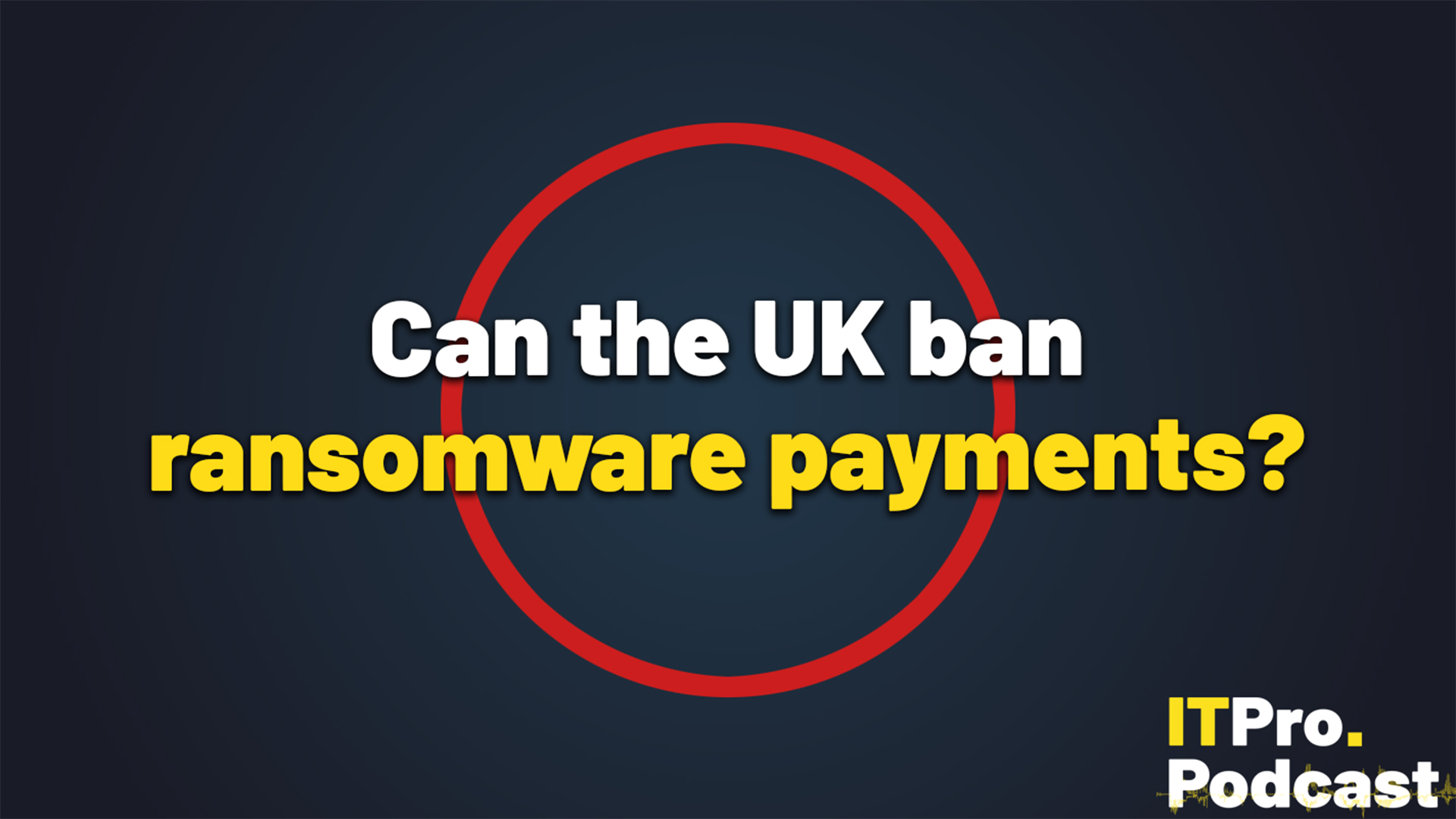 Can the UK ban ransomware payments?
Can the UK ban ransomware payments?ITPro Podcast Attempts to cut off ransomware group profits could instead harm businesses
-
 We need to talk about operational technology
We need to talk about operational technologyITPro Podcast Groups like Volt Typhoon are abusing poor hygiene in critical infrastructure to pre-position for attacks

